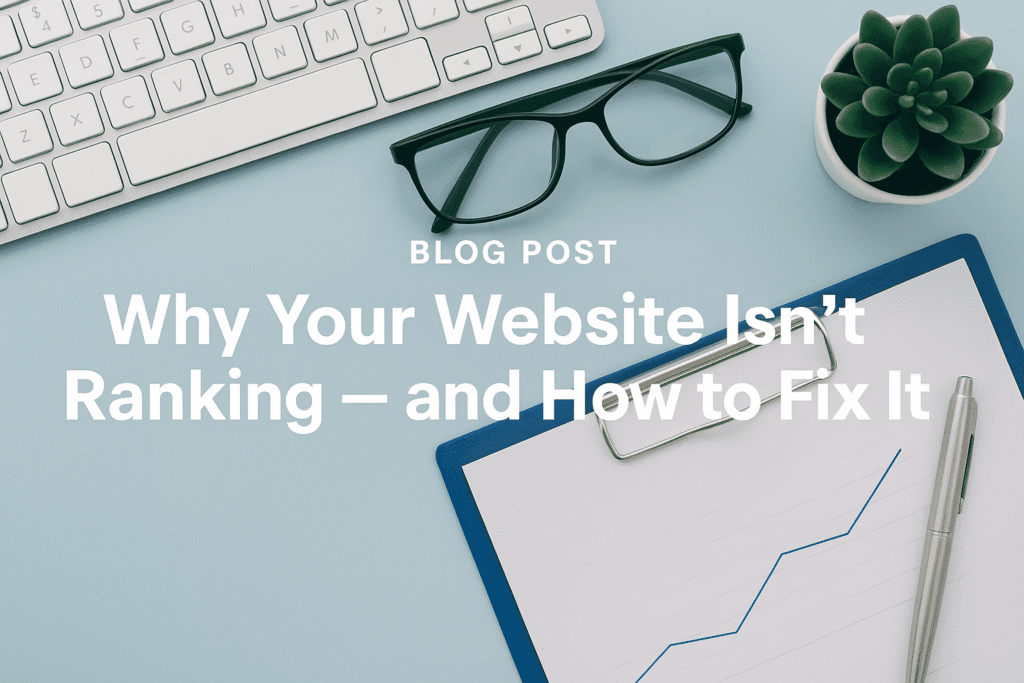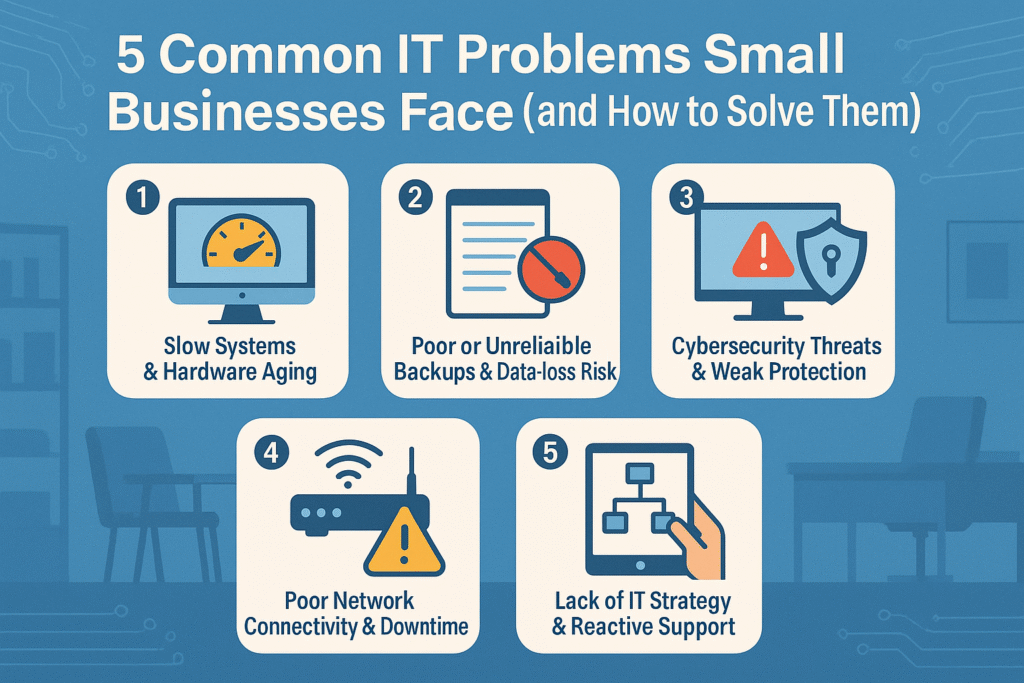If you run a local business, showing up when nearby customers search for your services is essential. That’s where local SEO comes in — it helps your business appear in search results when people look for products or services near them.
Here’s how local SEO works, why it matters, and what you can do to make it work for your business.
What Is Local SEO?
Local SEO (Search Engine Optimisation) is the process of improving your online presence so your business appears in local search results — like the “map pack” you see on Google when searching for “SEO agency near me” or “web designer in Sutton Coldfield.”
It’s designed for businesses that serve specific areas — shops, restaurants, service providers, or agencies like Genius Creative.
When done right, local SEO helps potential customers find you quickly, trust your brand, and take action — whether that’s visiting your shop, booking a service, or calling you directly.
Why Local SEO Matters
Most people now use Google to find local services. In fact, over 75% of local searches lead to a visit within 24 hours.
If you’re not optimised for local search, your competitors will take those leads.
Local SEO helps you:
-
Appear in Google Maps results and “near me” searches.
-
Reach the right audience — people already looking for your service.
-
Build trust through reviews and consistent business information.
-
Drive real-world traffic to your website, phone, or shop.
How Local SEO Works: The Key Ingredients
Local SEO combines several factors that signal to Google that your business is relevant, trustworthy, and local.
1. Google Business Profile (GBP)
Your Google Business Profile is the backbone of local SEO. It’s the listing that appears in Google Maps and local results.
To optimise it:
-
Use your exact business name, address, and phone number (NAP).
-
Add categories, descriptions, photos, and opening hours.
-
Post regular updates and offers.
-
Collect and respond to customer reviews.
A complete and active GBP helps you appear more often — and higher — in local searches.
2. Local Citations
Citations are listings of your business across other websites and directories (such as Yell, Yelp, Facebook, or local chambers).
Consistency is crucial: your NAP details should be identical everywhere. Inconsistencies can confuse search engines and harm your rankings.
3. Reviews and Ratings
Customer reviews are one of the strongest ranking and trust signals for local SEO.
Encourage happy clients to leave reviews on Google and other platforms — and always reply, whether it’s positive or constructive feedback.
Authentic engagement builds credibility and helps new customers feel confident in choosing you.
4. Localised Website Content
Your website should make it clear where you operate.
Include:
-
Your city or service area in headings and page titles.
-
A dedicated page for each key location or service area.
-
Local keywords naturally within your content (e.g. “SEO services in Sutton Coldfield”).
Adding local case studies, testimonials, and blog posts can further boost relevance.
5. On-Page Optimisation
Make sure your pages include local keywords in:
-
Page titles and meta descriptions
-
Headings (H1, H2)
-
Image alt text
-
Internal links
Small details like these help Google understand what your business does and where you do it.
6. Backlinks from Local Sources
Links from local news sites, partners, or community organisations tell Google your business is part of the local ecosystem.
You can earn these through:
-
Sponsoring events
-
Joining local business directories
-
Collaborating with nearby brands or charities
How to Track Local SEO Results
Use tools like Google Search Console and Google Business Insights to track:
-
How often your business appears in local searches
-
What keywords trigger your listing
-
How many calls, directions, or website visits come from Google
These insights show what’s working — and where to improve.
Common Local SEO Mistakes to Avoid
-
Using different phone numbers or addresses across platforms
-
Ignoring or deleting negative reviews
-
Stuffing keywords instead of writing natural copy
-
Forgetting to update hours or contact info
-
Not verifying your Google Business Profile
Even small inconsistencies can make a big difference, so regular checks are worth it.
Final Thoughts
Local SEO isn’t complicated — but it is ongoing.
It’s about keeping your business information accurate, your content relevant, and your customer relationships active.
When done well, it turns local searches into loyal customers.
At Genius Creative, we help small businesses build stronger local visibility through smart, sustainable SEO strategies.
If you’d like to boost your local presence, get in touch with us — we’d love to help you get found where it matters most.


